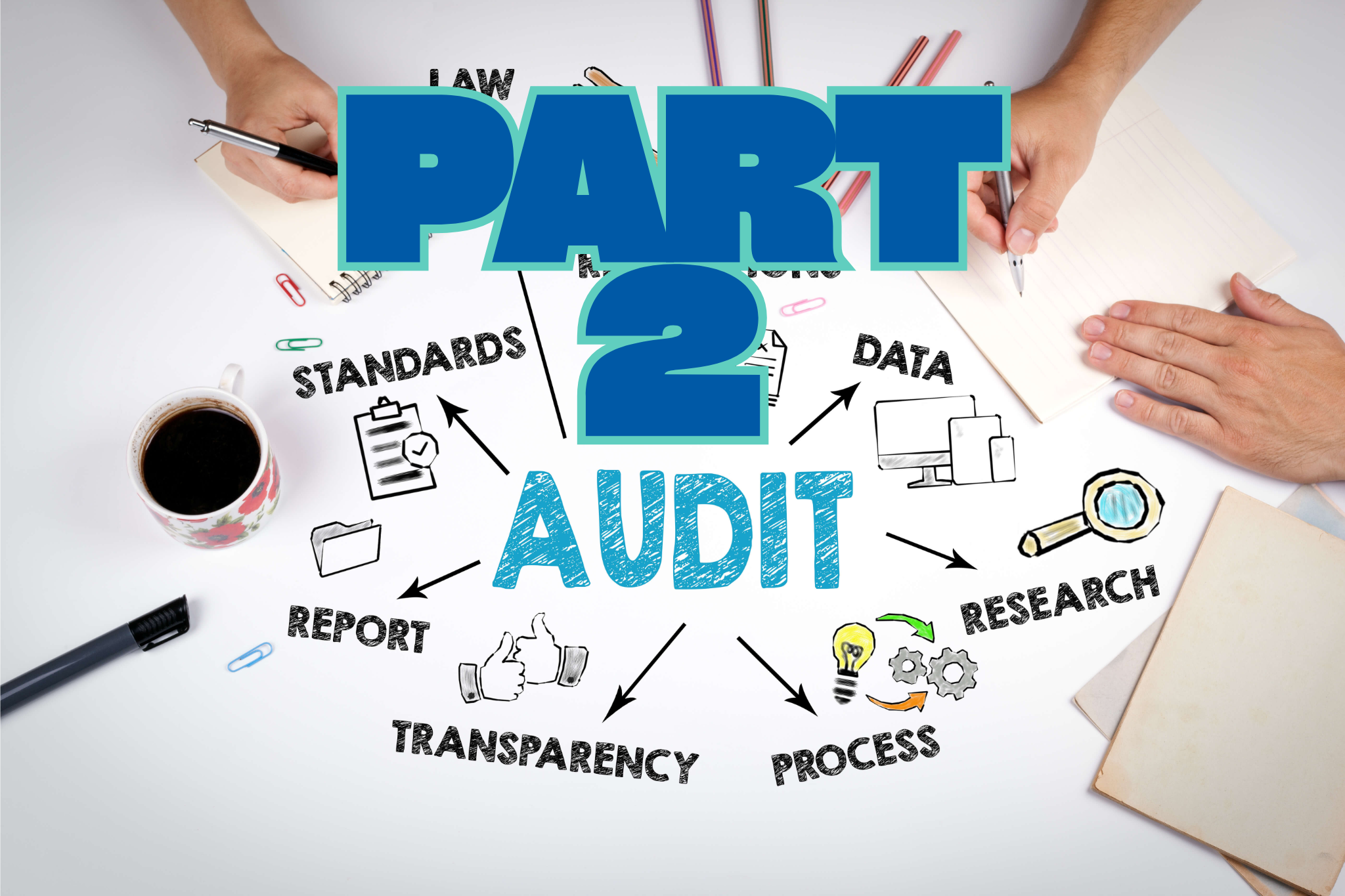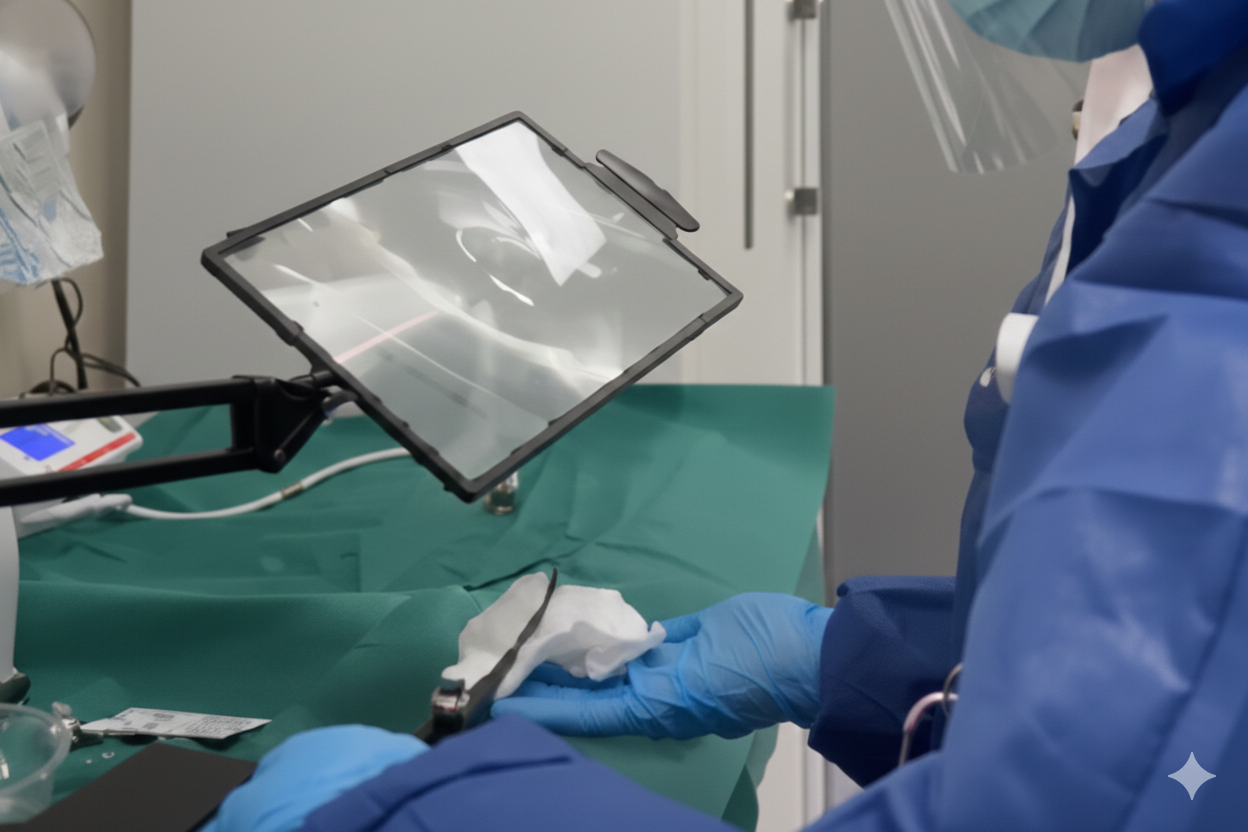Step-by-Step Guide to Using EUDAMED
Step 1: Go to the EUDAMED Website
First, healthcare professionals should go to the official EUDAMED website. It's important to make sure it's the real website to get the right information.
Step 2: Find the Right Section
Once they are on the website, they can choose different sections to get the information they need:
- Device Registration: Check if a device is registered and following the rules.
- Notified Bodies: To find information about the entities authorized to assess the conformity of devices under MDR.
- Clinical Investigations: See if there are any ongoing studies on the device.
- Vigilance and Market Surveillance: Read reports on safety issues, recalls, or other problems with devices.
Step 3: Search for a Specific Device
Healthcare professionals can use the search tool to find a specific device by its name or manufacturer. This helps them quickly find out if the device is safe and approved.
Step 4: Check the Device’s Information
Once they find the device, they can see details like:
- If the device is certified (approved) under the new MDR (Regulation (EU) 2017/745) or the older MDD (Directive 93/42/EEC).
- Any safety alerts or reports about the device.
- Whether the device has met the latest rules.
What to look for specifically:
A) Check under “Basic UDI-DI details” if the device is either MDD or MDR:
When looking at a device, healthcare professionals should check the "Basic UDI-DI" section. This tells you whether the device is certified under MDR (Regulation (EU)2017/745) or the older MDD (Directive 93/42/EEC).
- If it says MDR, the device follows the newest and safest standards.
- If it says MDD, the device is certified under older rules. However, make sure the certificate is still valid until the end of the MDD transition period (which is 26 September 2024).

B) What If It Says MDD and the Certificate Is Expired?
That shouldn't be a problem! Please make sure that the device's certificate is valid until the transition period (so until 31 December 2028).
.png)
C) What If You Can’t Find the Device in EUDAMED?
If a device isn’t listed in EUDAMED (see example below), that could mean the device’s certification is no longer valid. Healthcare professionals should check with the Notified Body that issued the certification to see if the device is still approved. Otherwise, you might be adhering to a non-compliant medical device into your facility.

D) What If the Device Is Certified Under MDD Without the MDR Extension?
For the MDR, this is not possible because this regulation is active. But if the device is certified under the MDD, and the certificate is expired (see example below), then the manufacturer can only place devices on the market that were produced before the expiration date.

Step 5: Keep Checking EUDAMED
Healthcare professionals should regularly check EUDAMED to stay updated on any new safety warnings or changes in the rules. This helps them keep their patients safe.
Why It’s Important
By following these steps, healthcare professionals can effectively use EUDAMED to ensure that the medical devices they use are safe, certified, and compliant with the latest MDR regulations. This not only enhances patient safety but also supports healthcare providers in maintaining high standards of care in their medical practices.
The European Commission has designed EUDAMED to be a user-friendly, comprehensive resource for all stakeholders in the medical device sector, thereby fostering a safer and more transparent market environment.








.jpg)
